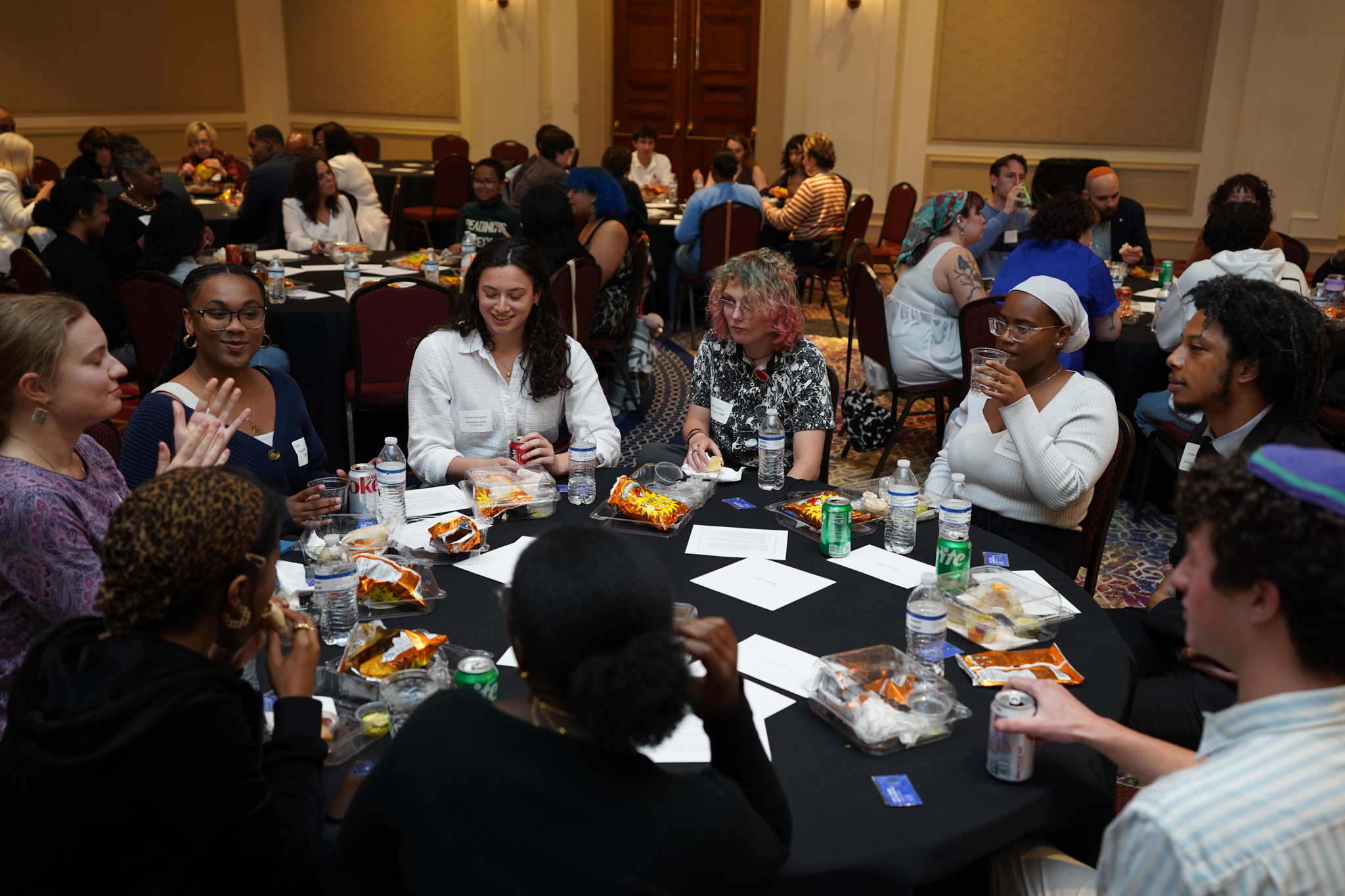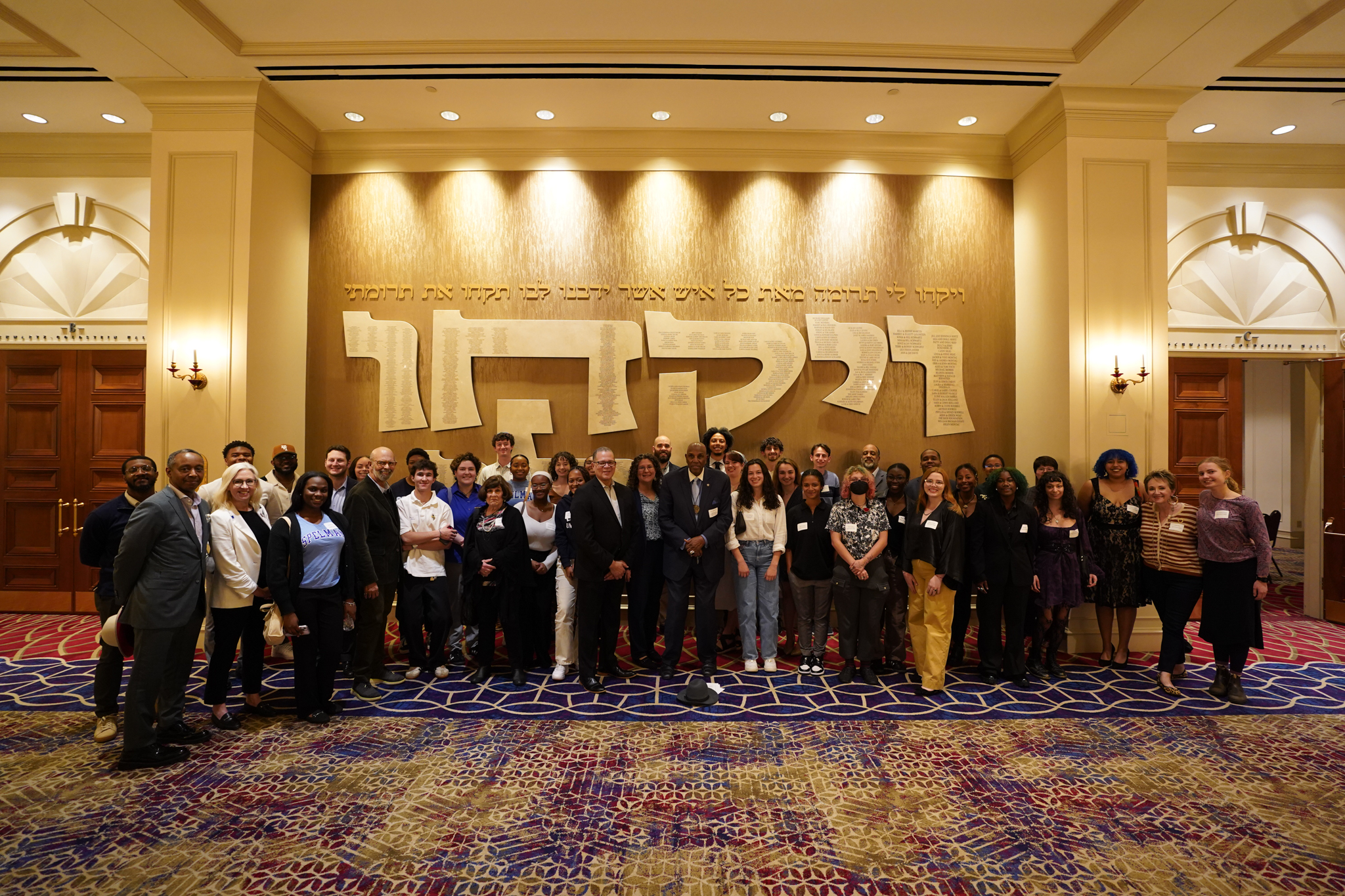Because Of You, Local Black & Jewish College Students Are Coming Together
 Jewish and Black communities have interwoven histories, values, and experiences in the United States that many don’t realize. The friendship between Reverend Martin Luther King Jr. and Rabbi Abraham Joshua Heschel is a shining example of how two individuals, despite their differences, came together and used their shared values to fight for equality. However, over the past several decades, the once-strong bond between the two communities that combated antisemitism and racism has faded. That’s why Dr. John Eaves decided to change that.
Jewish and Black communities have interwoven histories, values, and experiences in the United States that many don’t realize. The friendship between Reverend Martin Luther King Jr. and Rabbi Abraham Joshua Heschel is a shining example of how two individuals, despite their differences, came together and used their shared values to fight for equality. However, over the past several decades, the once-strong bond between the two communities that combated antisemitism and racism has faded. That’s why Dr. John Eaves decided to change that.
“It’s time to rekindle the relationship that Blacks and Jews have historically had,” said Dr. Eaves, who is a college professor, former political figure, and is both Black and Jewish himself.
Thanks to a 3-year Innovation grant, Dr. Eaves was able to establish Black and Jewish Leaders of Tomorrow, a grassroots initiative on a mission to bring together Black students from historically black colleges and universities and Jewish students from predominantly white colleges and universities. The goal is simple but powerful: bring them together for open dialogue about their experiences, perceptions, and commonalities so that they can break down barriers, find common ground, and build relationships that would likely never happen otherwise.
“I am interested in participating in this leadership forum because I believe that African Americans and Jewish people have a shared history of oppression, discrimination, and a goal of pursuing justice. Both communities have faced racism and prejudice where discussions in a forum like this can bridge connections and allow for conversations to take place,” said Mya, a student at Spelman College.
These gatherings take place in various settings, but the first event was a Unity Dinner which was funded by Federation’s Gather Grants. Thanks to the Innovation Fund, the nonprofit has been able to gain momentum and exposure, host more events, and is soon expanding its Unity Dinners to 20 cities across the United States.
“There is a cultivation of curiosity to learn more about each other,” said Dr. Eaves. “We are more alike than different.”
